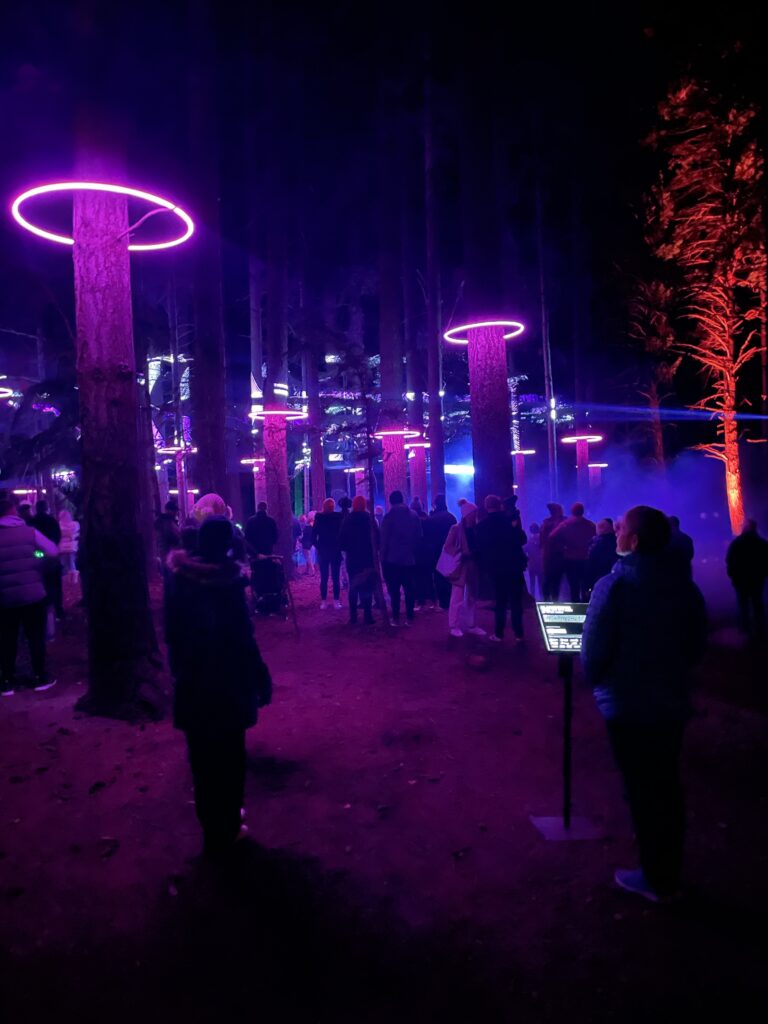
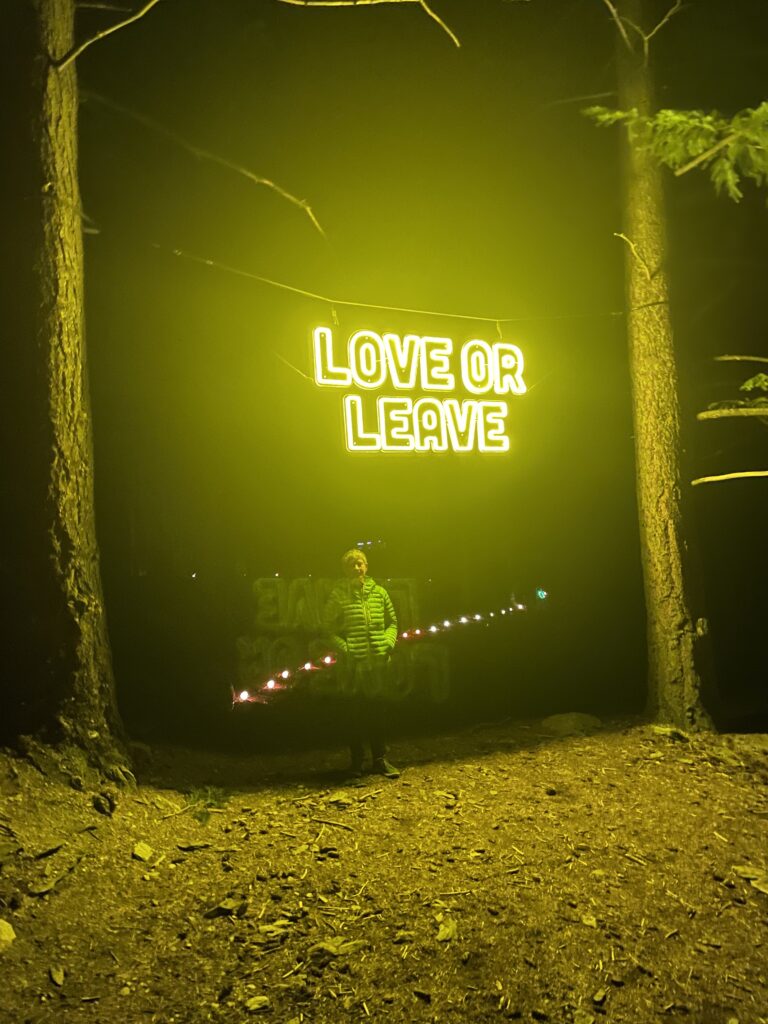
The LUMA lighting exhibition looked like it might be opening up a divide to take you to some other world. This is the good side of Queenstown, a fabulous light show, supported in a variety of ways by local community, bustling with people.
I find myself continually saddened by the effects of the cost of housing in Queenstown and Wanaka, and the resultant people who cannot ever aspire to buy a home where they live. A huge economic divide has formed and there are very few bridges that span it. At the Songwriters’ Society night on Thursday, the couple who run the night said they ‘only’ need to find a million dollars in order to buy the house that they are currently renting, but which is being sold from under them. Paul said he was really angry when he first heard about the new tax regime. in which investors can no longer claim interest paid on loans as an expense. In other words, investor will have to pay tax on a greater amount of their income from property, changing the cost-effectiveness of their investments. Paul was angry because the new tax regime was the reason his landlord was going to sell the rental property that Paul and Claire occupy. However, he said that once he researched the new tax regime further, he was no longer angry; instead he wondered why had that tax not always been in place? Why should investors get a tax write off for owning property, giving them a leg up where the occupiers were not being similarly helped?
Paul and Claire are musicians and a million dollars to buy a house (the median price of houses in Queenstown) is a long, long financial stretch. It is one that anybody who lived through the interest rates of the 1980s (maxing out at 22%) is unlikely to contemplate; the current low interest rates are leading people down a slippery slope given the predictions of rising rates in the next 1-2 years (however, rising interest rates are a whole other topic to be considered separately). Our friend Jamie is a business consultant and chef; if she had bought a house in Arrowtown 8 years ago she would be hugely better off now. Instead, house prices have run away from her price bracket and she will have to move away from the district if she wants to be a home owner. Similarly, our friends Ceri and Stef rent in Arrowtown with home ownership being an unrealistic prospect. Ceri is a head chef and Stef an arborist; two sound jobs are nowhere near enough income to pay the mortgage on an Arrowtown house.
All these are people that we want to have in our community, along with teachers and nurses and a whole lot of other professions in which the salaries are simply not sufficient to cover the costs of house loans. I remember when I lived in Wyoming in the 1990s, I heard about Jackson Hole (the biggest ski resort in Wyoming), having exactly the same problem. A geologist we knew (Dave Love), had bought land when it was cheap in the 1950s. At the time he was agreeing to sell a block of his land to the local hotel that wanted the land for a beginner ski slope, on condition that the hotel build and provide low cost rental housing in perpetuity on part of the land. There were plenty of signs in Jackson Hole and other tourist locations of what might come for New Zealand tourism towns, but humans are terrible at reacting appropriately to negative forecasts of the future.

COVID-19 has exacerbated the have/have-not divide in many ways, including home ownership. This is not limited to New Zealand, it is broadly international. There were expectations of house price drops in many developed countries, but the opposite occurred. South Korea, China, wider Europe, Turkey and America have all seen house prices rise 5% or more in the last year. Why all these house price rises?
- There is the combination of low interest rates and a supply of new money, instituted by much of the developed world in order to stimulate economies that were impacted by COVID lockdowns, and amidst fears of major recessions. Money is cheap to borrow, therefore people can afford to pay more for properties.
- Interest rates have fallen – institutional investors ask where to invest money to generate reasonable returns; in many places housing has been the answer to that question. More money being invested into housing has driven prices up through competition.
- In ‘normal’ recessions, people lose their jobs, their incomes fall, they have to sell their houses and their credit histories are impacted. But in the COVID semi-recession, governments poured huge amounts of money into wage and business subsidies, as well as mortgage holidays. People’s incomes have been preserved, at least temporarily. In some countries, such as the Netherlands, there were even temporary bans on foreclosures on loans. Preserving jobs and income has meant few forced asset sales.
- COVID lockdowns have changed what people want out of their homes and general living environments. If you have to stay in your house long term, you want it to be nicer. You want more space, you want somewhere outside to sit. Further, if you are allowed to work from home, you can access the previously unavailable dream of living somewhere rural, rather than in a city.
- COVID has also reduced the opportunities for spending money; you can’t take an overseas trip so you might as well spend that money improving the house you are locked down in, or buying a better one. In New Zealand, this is particularly marked as overseas travel has become the norm for so many people. New Zealand saw the second largest increase in house prices in the world last year, at 22% (following Turkey at 32%).
When house prices rise, people who already own property become more nominally wealthy, while those who don’t own homes are left ever further behind. People who own multiple properties benefit more than those who own only the home they live in. So the better off you were prior to COVID-19, in relation to home ownership, the more you will have benefitted from all the government interventions. And if home ownership seemed a struggle pre-COVID, it has probably now moved into the dream category.
It feels ugly to live in a community where the divide between the richer and poorer is so marked, and growing all the time. I find I am embarassed to invite people to our house, because it is obvious how much our property is now worth (considerably more than when we bought it in 2013) and how unattainable it is for many. I know I am on the advantaged side of the divide; I still don’t want the divide to exist. While there is effort being put into providing ‘affordable’ housing in the Queenstown Lakes district, it isn’t coming anywhere close to the scale of need. And, at the same time, our esrtwhile MP promotes the sale of development of gated $1.37m duplexes in Gibbston valley, buildings which cannot be permanently occupied so solve no community problems, while growing the sense of division.
For the life of me, at present, I see no obvious solutions out there. This government appears to be fiddling at the margins of the problem, while allowing major drivers to run rampant or deliberately exacerbating them. It appears that the Bible, for once, might be correct. “Whoever has will be given more, and they will have an abundance. Whoever does not have, even what they have will be taken from them.” Matthew 13:12

Discover more from Jane Shearer
Subscribe to get the latest posts sent to your email.
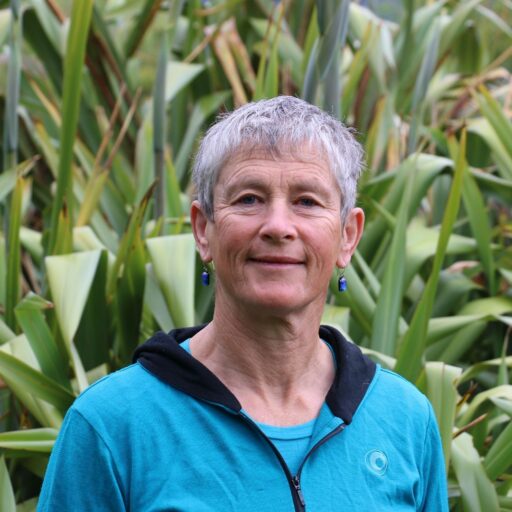

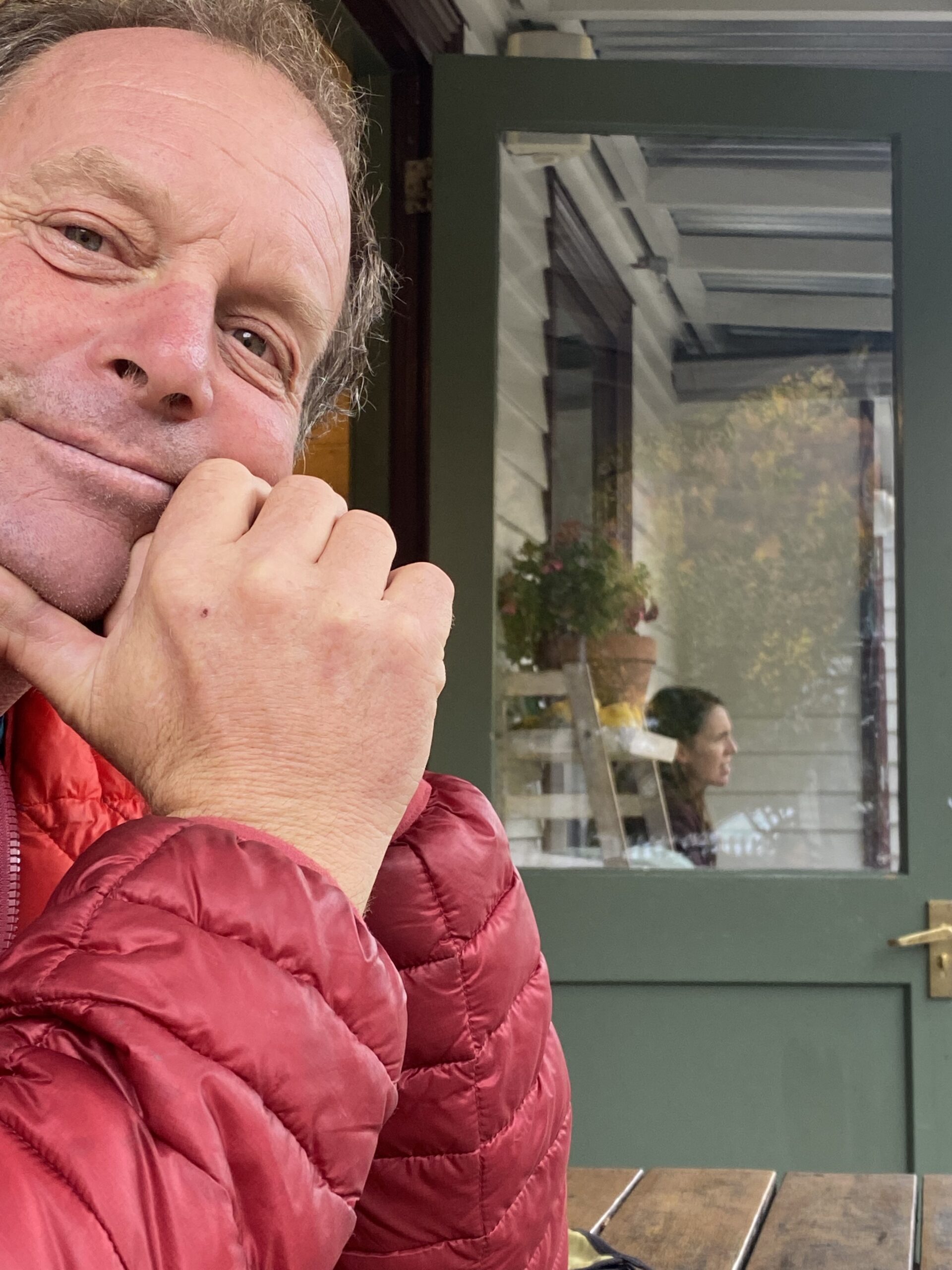
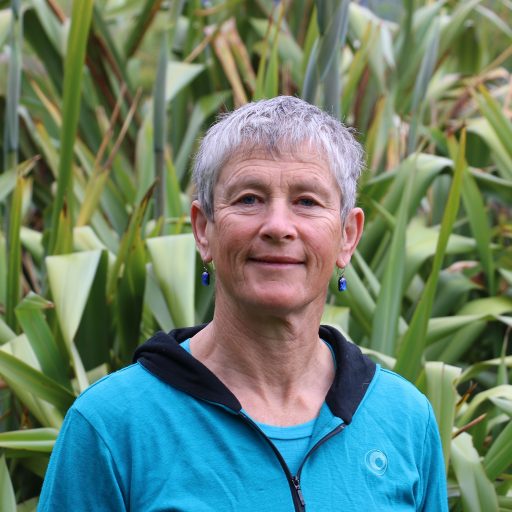
One thought on “Living the divide”